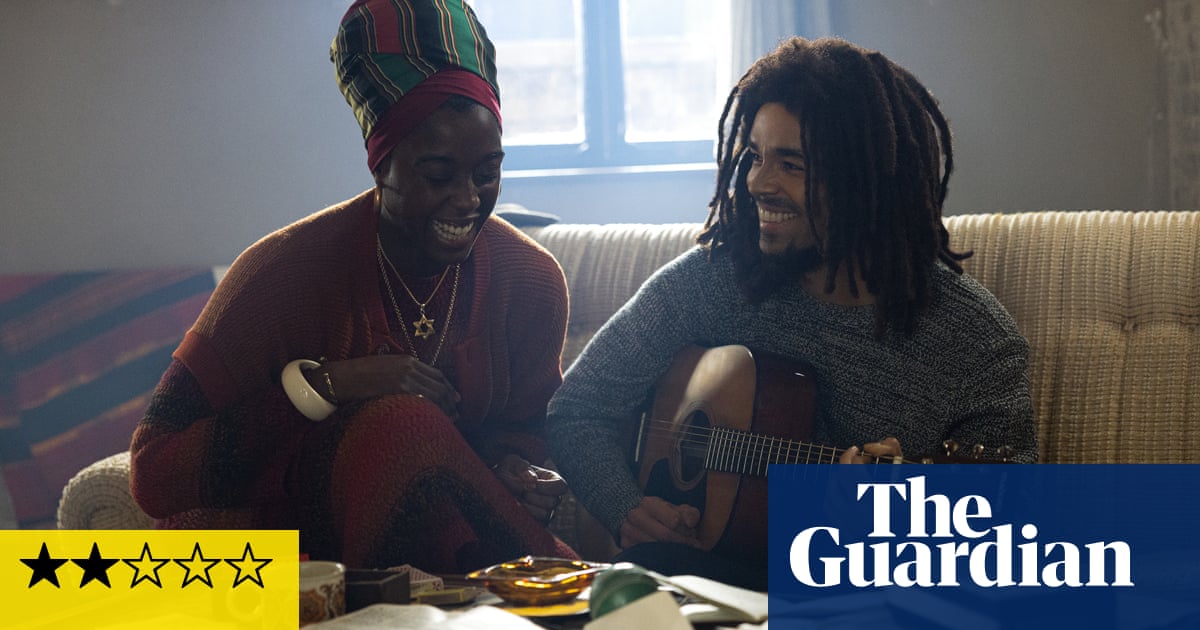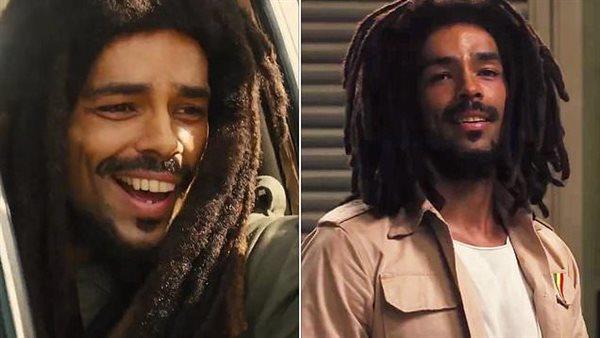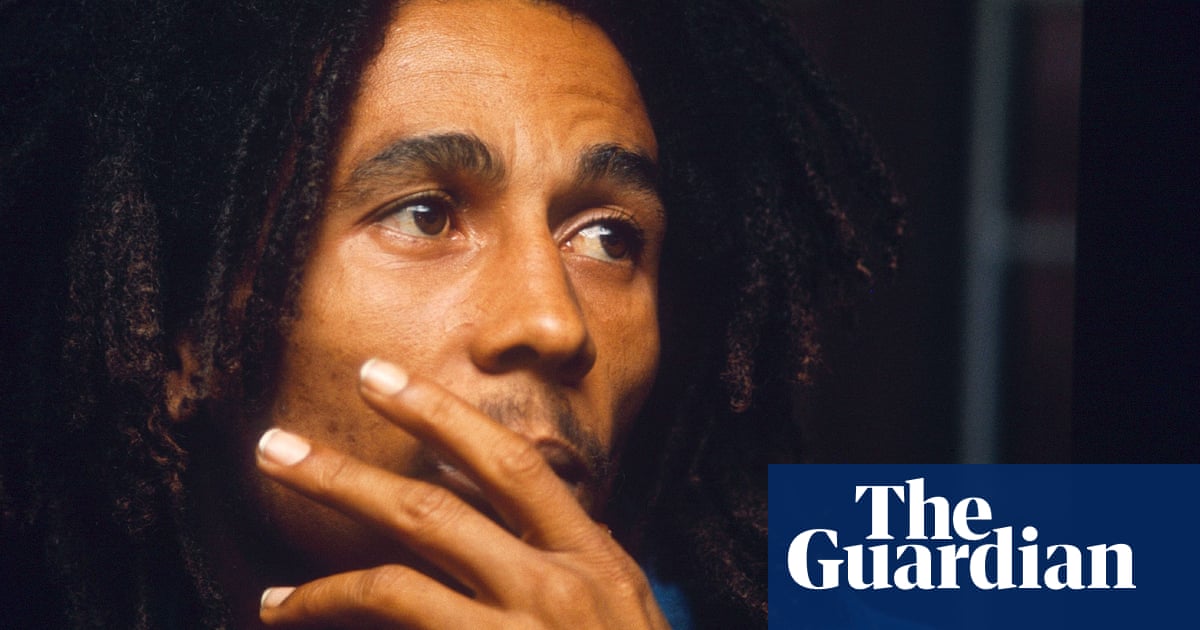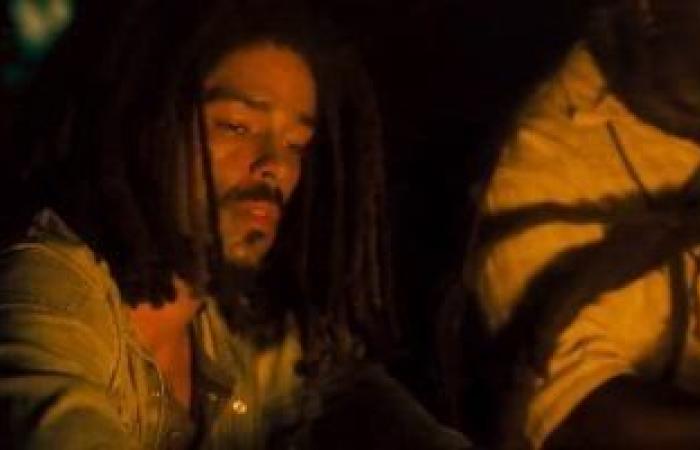
Biopics don’t get more authorised or anaesthetised than this ploddingly solemn account of reggae legend Bob Marley. A great, or good, movie could have been made about Marley’s sensational career, his musical genius, inspirational asceticism (if not quite humility) and poignant sacrificial destiny as someone who drove himself unsparingly through illness to create a free concert for peace and unity in Jamaica in 1978.
But this is a reverent Hallmark Channel-type film made with the family’s cooperation – there’s hardly a relative here without an associate producer credit – and of course it has all the musical rights. The hits are duly served up and that’s always good news. There are also some moments when, without piety, the film bounces into life: it’s great stuff when the young Wailers (Marley, Peter Tosh, Bunny Wailer et al) crowd into a chaotic studio in Kingston in 1963 and launch with unselfconscious inspiration into Simmer Down, a call to renounce violence that Marley developed throughout his life. But really this film is unrelaxed and sanctified.
That estimable performer Kingsley Ben-Adir is not especially well cast or directed as Marley himself, who at the height of his mid-70s celebrity finds himself in the middle of a gang war in Jamaica and survives an attempted murder in his family home; it’s the most boring attempt at a killing that I’ve ever seen on screen. It’s as if the movie is already looking forward to Marley’s imagined saintly forgiveness for his would-be killer. Punches are pulled.
Marley has to get away from danger for a while so he finds himself, with great historical irony, back in the mother country: rainy and racist Britain, where bigotry also extends to some of the punks with whom reggae’s insurgent geniuses made common cause in those days. But Marley loves playing football in the park and shows himself perhaps more cheerfully open to the public than any pop legend. And it is here that he and the Wailers record their vinyl masterpiece Exodus, and play an iconic gig at the Rainbow theatre in London’s Finsbury Park in 1977.
Lashana Lynch brings dignity and self-possession to the role of Marley’s wife, Rita, and the film just about acknowledges Bob’s extramarital indiscretions and paternities, although this is something sternly mentioned in order to be swept away as if entirely irrelevant. (The film also does not allude to the evidence that Marley did not agree with the homophobia rampant in Jamaica.) There are standard-issue scenes in the recording studio and in the company’s uptight-square offices with Michael Gandolfini as an uncomprehending American suit. James Norton equably plays Island Records supremo Chris Blackwell, a two-dimensional role.
Some flashbacks show Marley’s boyhood – cursory and uninspired scenes – and the mystery of his absent white father is redeemed by Bob’s commitment to Rastafarianism. And so we get to what in Christian terms would be his Palm Sunday return to Jamaica, though the great concert itself is not dramatised directly. This is a vacuum-sealed package of fan-orthodoxy that never takes off. The euphoria and uplift aren’t there.
Bob Marley: One Love is released on 14 February in Australia, the UK and US.











